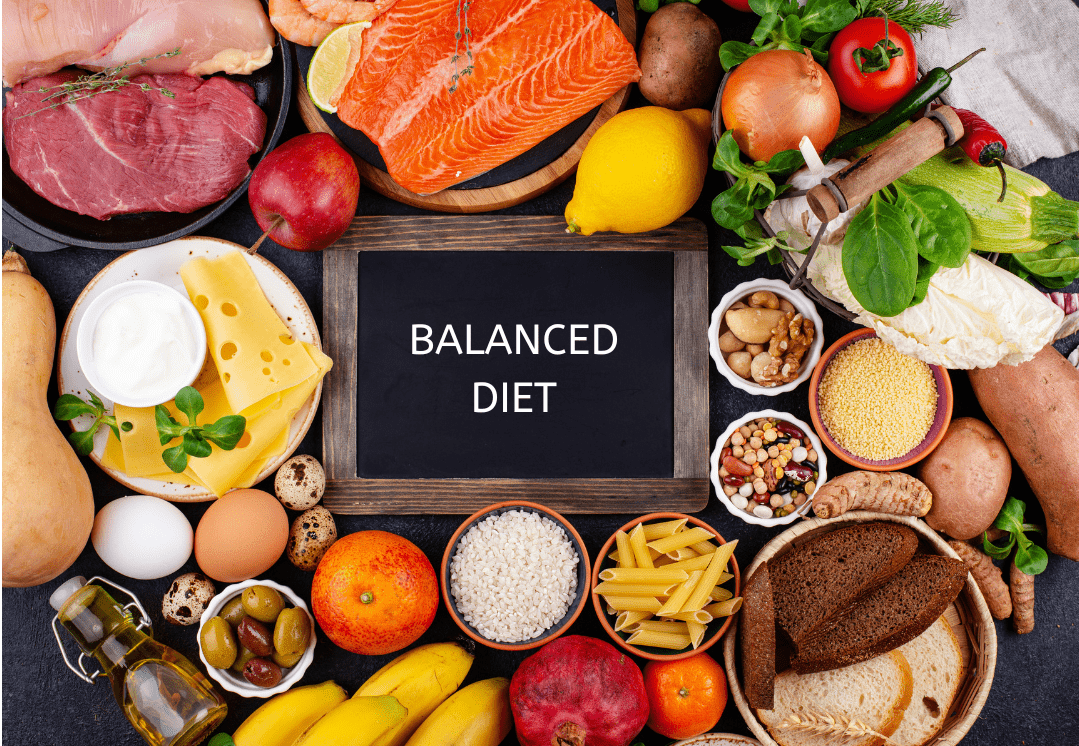According to Healthline, up to 15% of couples struggle with infertility. It may be challenging at times to become a mother, but know that you are not alone in your struggles. There is mixed evidence when it comes to a whole variety of foods that increase fertility in females. However, there are direct links between alcohol, smoking, and certain nutrients when it comes to fertility. These foods also where there is no evidence or mixed evidence, have a lot of anecdotal reports or some sort of scientific basis to why they work. You can improve your fertility by changing your diet and lifestyle.
Here’s a list of foods that have the potential to increase fertility in females:
1. Food rich in antioxidants:
Antioxidants such as folate (folic acid) and zinc may help boost your fertility. They help to neutralise free radicals in the body, which can harm the egg cells. Antioxidants include vitamins C and E, folate, beta carotene, and lutein. Antioxidant food that can boost fertility includes fruits, vegetables, nuts, and grains.
2. Switch your protein sources:
The use of vegetable protein sources (such as beans, nuts, and seeds) to replace some animal proteins (such as meat, fish, and eggs) has been related to a lower risk of infertility.
According to one study, consuming 5% of total calories from vegetable protein instead of animal protein reduced the incidence of ovulatory infertility by more than 50%.
Replacing some of the protein sources with vegetables, beans, lentils, nuts, and low mercury fish can help increase fertility in women.
3. Avoid trans fat:
It is critical to consume healthy fats on a daily basis in order to improve fertility and health in general. However, because of their negative effects on insulin sensitivity, trans fats are linked to an increased likelihood of ovulatory infertility.
A diet heavy in trans fats and low in unsaturated fats has been related to infertility in both men and women, according to studies. Trans fats can be found in margarine, fried foods, processed foods, and baked goods, and are commonly found in hydrogenated vegetable oils.
4. Complex carbs:
Consume complex carbs (whole grains, legumes, veggies, and fruits) rather than refined carbs whenever possible (white bread, white rice, refined cereal, sugary treats of all types). This is because carbohydrate intake can be linked to increased fertility. The reason is: When you eat refined carbs, your blood sugar and insulin levels rise, which can mess with your reproductive hormones and disrupt your menstrual cycle (which isn’t ideal when you’re trying to conceive). In contrast, complex carbohydrates digest more slowly and do not stimulate insulin surges, which may help with ovulation.
5. Berries:
Are you debating between pink and blue? Consider raspberries and blueberries. These berry family members are high in antioxidants and protect your body from cell damage and ageing, which includes cells in your reproductive system (aka your eggs). Would you like to try other berries (such as strawberries and blackberries)? Go ahead without a doubt as all berries are considered very very good fertility-boosting food for females!
6. Fibre:
Fertility foods for women include fibre that aids in eliminating excess hormones and maintaining a healthy blood sugar level. Some fibres can help remove excess estrogen from the body by adhering to it in the intestines. The body excretes excess estrogen as waste.
Whole grains, fruits, vegetables, and beans are excellent sources of high-fibre foods. Fibre consumption is recommended at 25 grams per day for women.
The evidence on fibre foods for female fertility is however still mixed. Consult your doctor about your current fibre intake to see whether you need to increase it.
Takeaway
Vitamins and minerals are essential for a healthy body and reproductive system, as well as for assisting you in becoming pregnant. Remember that neither excess weight loss nor excess weight gain can improve your chances of becoming pregnant.
Boosting fertility and preparing your body for pregnancy can be as simple as eating a balanced diet and adopting positive lifestyle choices. It’s also beneficial to you in general. But don’t let your anxiety and tension take away the best of you. Consult your doctor to determine the best options for you.1 2
It is also important to note that it is not always the female’s fertility that determines conception. Sperm motility, count and viability, and several other sperm-related factors can also be important factors in a couple’s ability to conceive. If you’ve been trying to conceive for more than 12 months and haven’t been successful, talk to your doctor. Your doctor can test you and your partner to see if you have any health issues that could impair your fertility. Your doctor will then decide on the subsequent measures.3





